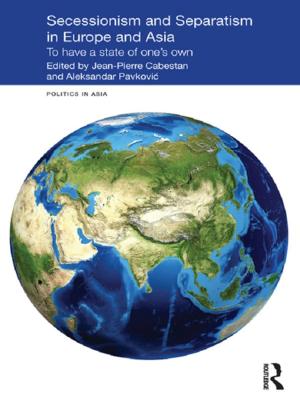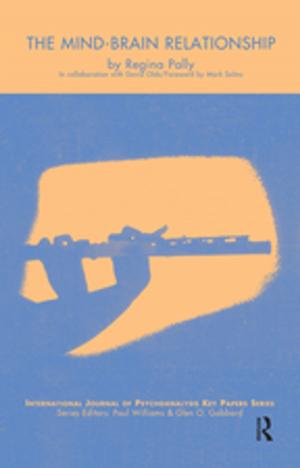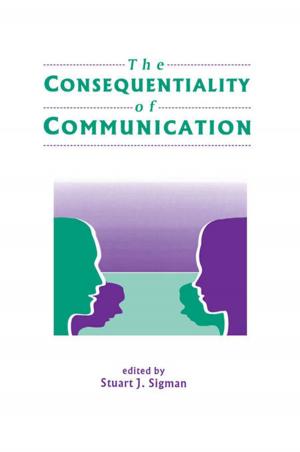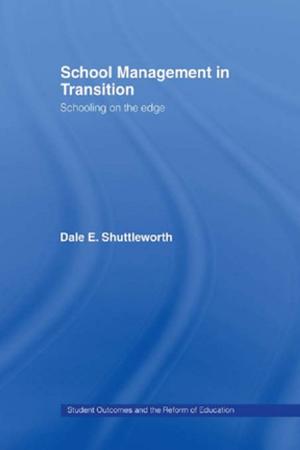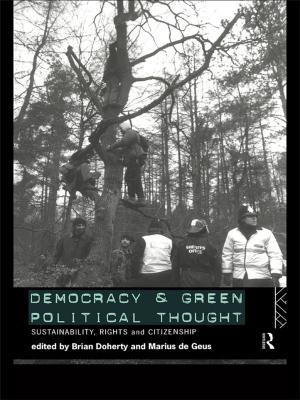Google and Democracy
Politics and the Power of the Internet
Nonfiction, Social & Cultural Studies, Political Science, Politics, Government| Author: | Sean Richey, J. Benjamin Taylor | ISBN: | 9781351658713 |
| Publisher: | Taylor and Francis | Publication: | September 1, 2017 |
| Imprint: | Routledge | Language: | English |
| Author: | Sean Richey, J. Benjamin Taylor |
| ISBN: | 9781351658713 |
| Publisher: | Taylor and Francis |
| Publication: | September 1, 2017 |
| Imprint: | Routledge |
| Language: | English |
For the first time in human history, access to information on almost any topic is accessible through the Internet. A powerful extraction system is needed to disseminate this knowledge, which for most users is Google. Google Search is an extremely powerful and important component to American political life in the twenty-first century, yet its influence is poorly researched or understood.
Sean Richey and J. Benjamin Taylor explore for the first time the influence of Google on American politics, specifically on direct democracy. Using original experiments and nationally representative cross-sectional data, Richey and Taylor show how Google Search returns quality information, that users click on quality information, and gain political knowledge and other contingent benefits. Additionally, they correlate Google usage with real-world voting behavior on direct democracy.
Building a theory of Google Search use for ballot measures, Google and Democracy is an original addition to the literature on the direct democracy, Internet politics, and information technology. An indispensable read to all those wishing to gain new insights on how the Internet has the power to be a normatively valuable resource for citizens.
For the first time in human history, access to information on almost any topic is accessible through the Internet. A powerful extraction system is needed to disseminate this knowledge, which for most users is Google. Google Search is an extremely powerful and important component to American political life in the twenty-first century, yet its influence is poorly researched or understood.
Sean Richey and J. Benjamin Taylor explore for the first time the influence of Google on American politics, specifically on direct democracy. Using original experiments and nationally representative cross-sectional data, Richey and Taylor show how Google Search returns quality information, that users click on quality information, and gain political knowledge and other contingent benefits. Additionally, they correlate Google usage with real-world voting behavior on direct democracy.
Building a theory of Google Search use for ballot measures, Google and Democracy is an original addition to the literature on the direct democracy, Internet politics, and information technology. An indispensable read to all those wishing to gain new insights on how the Internet has the power to be a normatively valuable resource for citizens.


